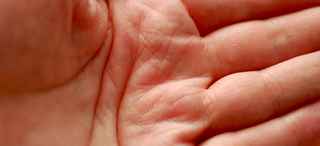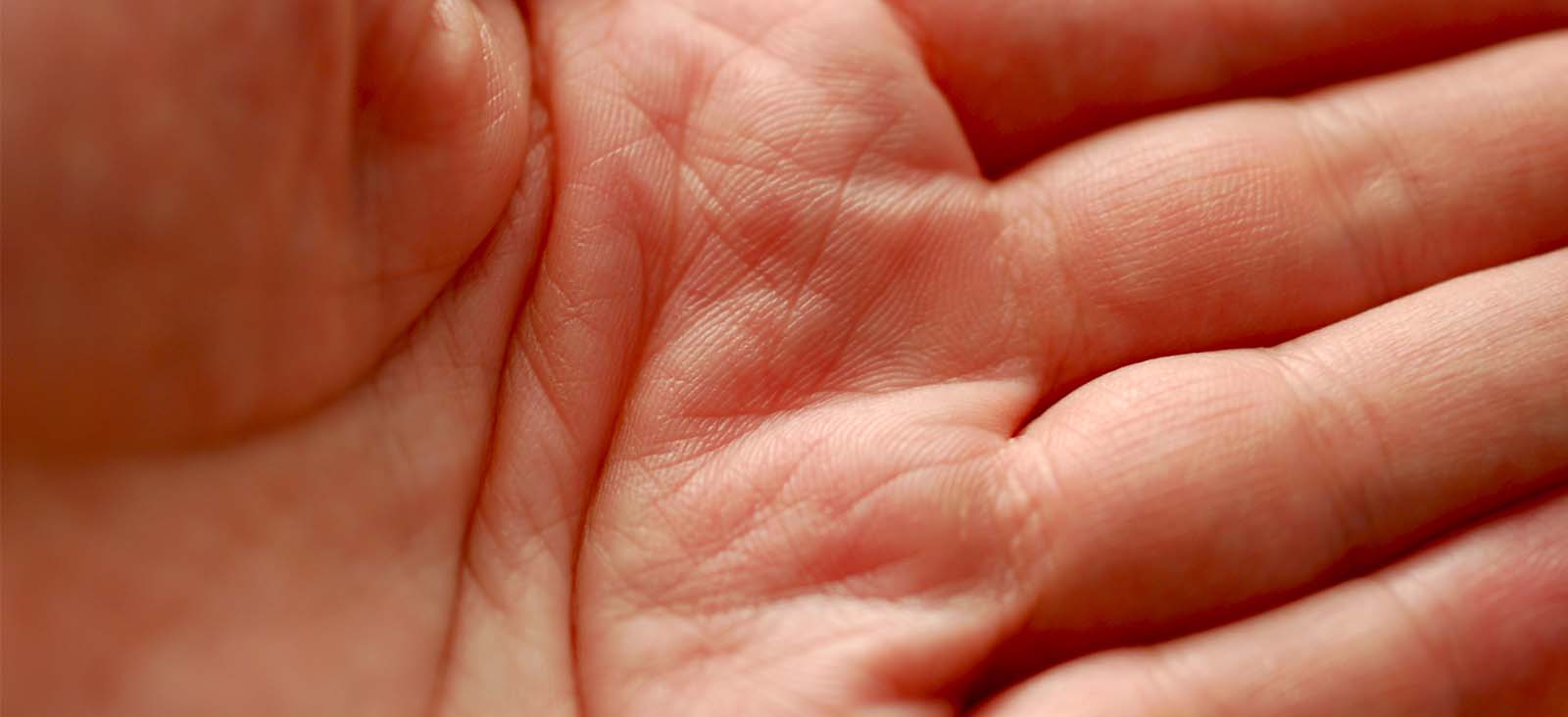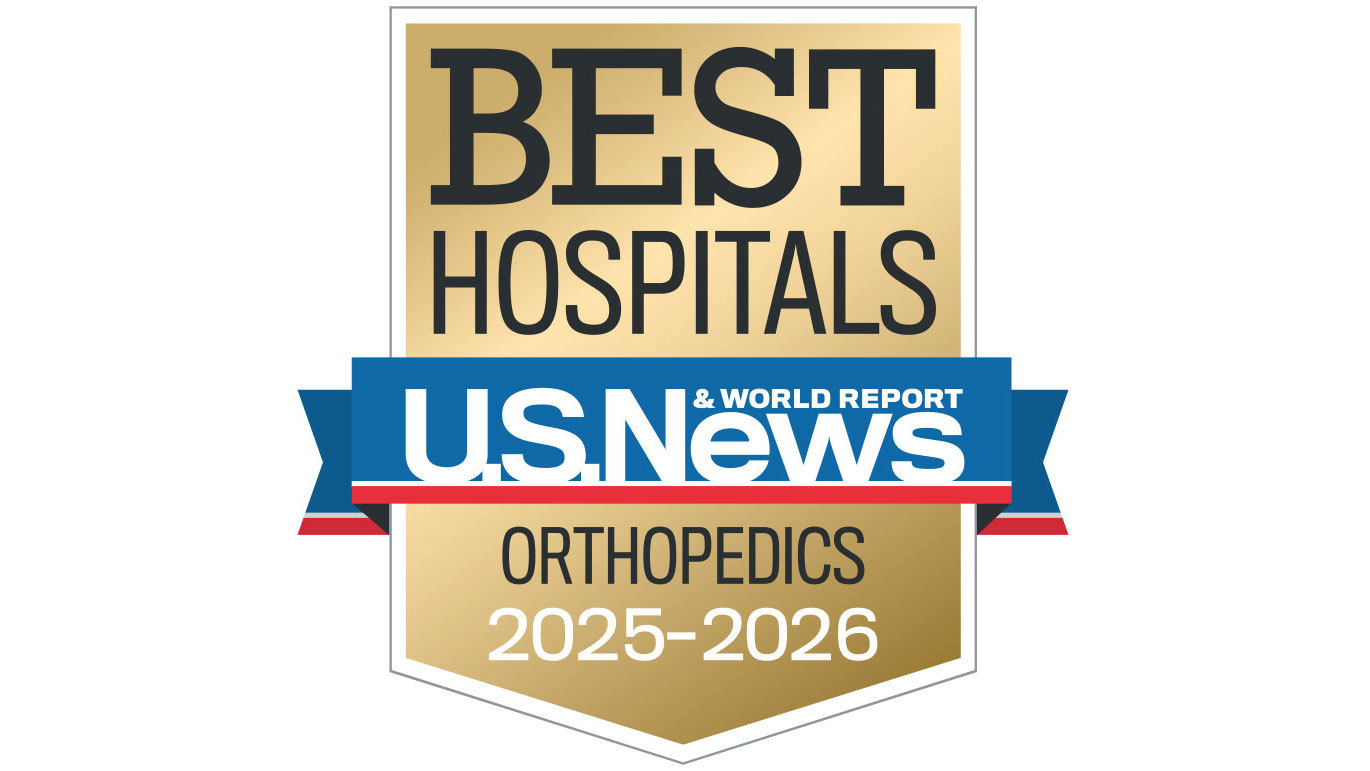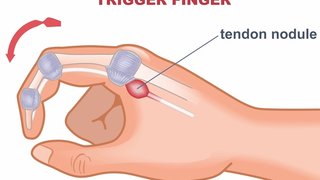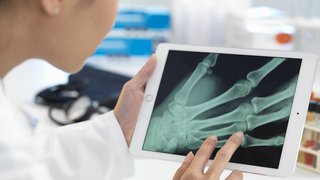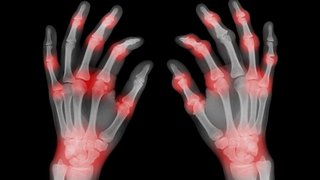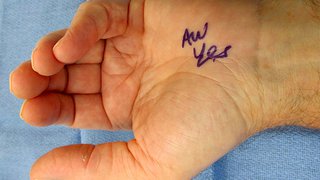Treatment for Hand, Wrist, and Elbow Conditions
Our team begins treatment of hand, wrist, and elbow injuries or conditions using conservative, nonsurgical techniques, such as rest, ice, anti-inflammatory medications, splints, or physical therapy.
If conservative treatment fails to resolve a patient’s condition, we might recommend surgery for the wrist, hand, elbow, or arm. When surgery is required, we perform minimally invasive or open surgeries, based on the patient’s needs.
Minimally Invasive Techniques
For patients who require surgery at UT Southwestern, we perform the least invasive procedures possible for their situation. Minimally invasive techniques mean less scarring and a shorter recovery time, getting patients back to normal more quickly.
Minimally invasive surgery requires a small incision and a tiny camera to be inserted into the surgical site to guide surgeons through the procedure. Surgeons then insert small surgical instruments through the incision to perform the surgery.
Minimally invasive surgery can be used to align and stabilize fractures of the wrist, repair torn cartilage or ligaments, remove ganglion cysts, ease arthritis pain, and much more. Each case is different, however, and might require different treatment.
Open Surgery
Open surgery is required in some cases. For example, some fractures might require surgery to align the bones and secure them in place, using pins, screws, plates, or surgical wires to hold the bones still so they heal properly.
Thanks to ongoing advancements in open surgery techniques, incisions are smaller than ever. Our orthopaedic team will advise each patient on potential recovery time, which varies depending on the injury and the type of surgery. After surgery, rehabilitation helps patients improve function and regain strength and flexibility.
